An Affiliate Marketer Going Slightly Insane Before 30 and His Daily Routines
A question on routines from Darren:
Finch, how do you deal with managing multiple campaigns at once?
I’m hoping to build a large enough safety net to do affiliate marketing full-time from October. Are there any steps you’d recommend for building good routines?
Managing Campaigns & Time
Full-time affiliate marketing is the same as part-time affiliate marketing.
You only need an hour to do it well.
The biggest difference in going full-time is that you can afford to work on other projects, those in the ‘real world’.
I think this is good for your hairline. It takes the pressure away from belonging to an industry that is forever being handed the last rites.
Even if your one motivation is to become a successful affiliate marketer, I would not recommend creating campaigns from 9 to 5. You’ll go broke fast.
This was drummed in to my head quite recently by a realisation that I’ve wasted half my career to date. Thank god I’m 25.
Choosing Your Battles
A few weeks ago, I’d wake up, check my stats and one campaign would stick out like a sore thumb.
I had dedicated my left ball to this campaign. Crafting the angle, honing the ads and even meddling with JavaScript. It felt like my baby.
But it was only breaking even.
I was spending $400 on this campaign every day. Some days it would edge to a slight profit, others it would dip to a loss. But every morning I would wake up expecting my most recent changes to have launched it out the ballpark.
And they never did.
Eventually, I gave it the finger.
The irony is that no sooner had I stopped wasting time on this ground zero campaign, my energy shifted to another.
This second campaign was in a similar situation; roughly $300/day spend, but with a profit of $100-$120.
I had ignored it because it was profitable. Worry too much about diversification and you’ll commit this sin too.
One late night brainfart inspired me to apply one of the landing pages that I’d tested on my failed break-even campaign, and you can probably guess what happened next.
The conversions skyrocketed. From $120/day profit to $250+/day.
It was a helpful reminder of the Pareto Principle.
Don’t waste your time (and money) beating a dead horse.
If you have a campaign or a website that is doing well, make it do better before you think about creating something else.
I’ve stopped spending thousands of dollars on campaigns that are break even or a marginal success. I prefer to bring excellence to the increasingly rare handful that benefit from the optimisation.
In short, don’t run too many campaigns.
There are some campaigns that I have documented in my Premium Post series which, while helpful to the reader, will never be on my agenda. I don’t have the time or resources to focus on $20/day campaigns.
So, here’s a simple task.
Assume you have one hour today to work on the campaign that’s going to pay your bills for the rest of the year.
What will you work on?
There is no difference between part-time and full-time affiliate marketing. This answer should always be the same.
I believe in Parkinson’s law. Work expands to fill the time you have available.
So give yourself an hour and do something more sustainable with the rest of the day.
Establishing Routines
My day is split in two halves:
- The morning – spent analysing data and planning.
- The afternoon – spent acting on data and creating.
Before I start work, usually around 9am, I will traipse to the local petrol station and fill up on Costa Express. It’s a habit my girlfriend has used to draw comparisons with Alan Partridge; a massive compliment, and a man whose sweaters I would die for.
My morning is rarely as creative as the night before.
It’s tough to be creative when your last great idea is still simmering in flames.
I prefer to analyse data without jumping to conclusions, safe in the knowledge that damn near every traffic source I work with is fast asleep and unable to approve my ads until the sun rises across the pond.
The rest of the day is a blur of frantic creation, lots of writing, lots of Photoshop, and lots of Skyping.
Perhaps the fastest way to save money in this business is to ensure that you talk to your affiliate managers before launching a campaign, any campaign. Make it a routine.
I’m quite blunt with a four step assault:
1. What’s your top performing offer, by EPC in [country]?
2. And its top performing landing page?
3. What’s your second top performing offer, by EPC in [country]?
4. And its top performing landing page?
Followed by a thank you, followed by silence, followed by split testing.
I don’t like small talk.
I will sometimes regret finishing work if my whiteboard is clean before 9pm.
On these rare lonely nights, I’ll read (at least three books per week), watch television, fight the crickets, before eventually slipping back in to my office with an idea that sounds better than it did at lunch.
Data Routines
For somebody who prefers to work with words, it disappoints me that so much of my day is spent buried in numbers; analysing them, anticipating them, praying for them, going bloody insane from them.
Launching a successful affiliate campaign is less about creativity; more about patience with numbers.
I know this sounds like a bloodbath, but if you can’t calculate where the numbers are likely to work in your favour, you’ll be broke before lunch.
So if there’s one routine you’ll do well to adopt, it’s placing trust in your stats and data.
They never lie.
Whatever your tracking software, be it CPV Lab, Tracking202 or iMobiTrax, a most important routine is to use it, and use it well.
Recommended This Week
Check out Premium Posts Volume X. This volume is proudly sponsored by Adsimilis, one of the best networks for CPA affiliates. Adsimilis has hundreds of top offers (specialised in dating), with industry-leading payouts, and international coverage. Get onboard and start making some money!

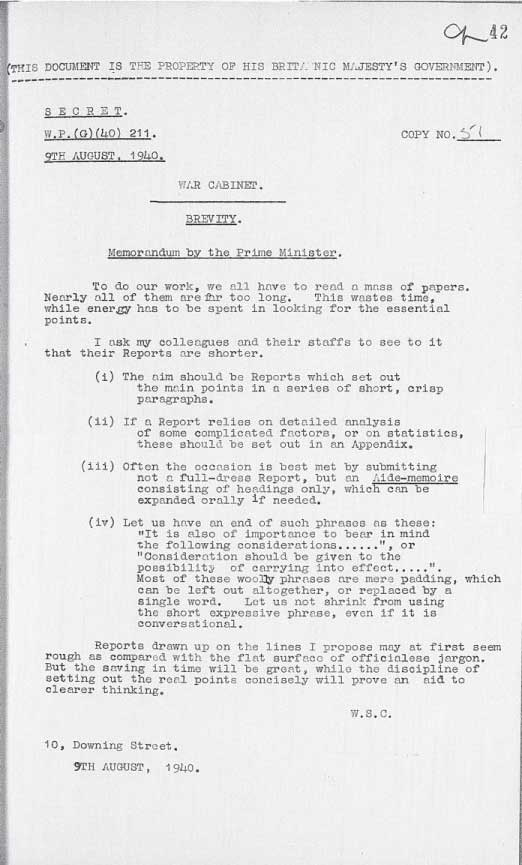
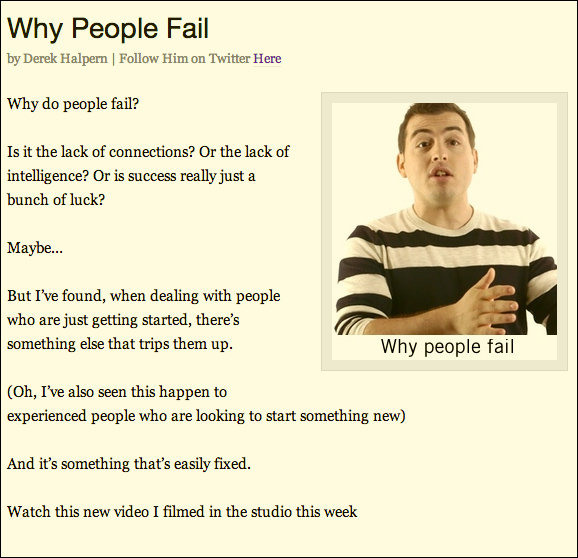
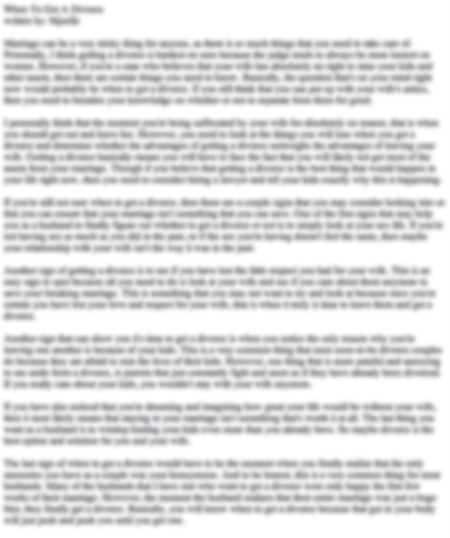



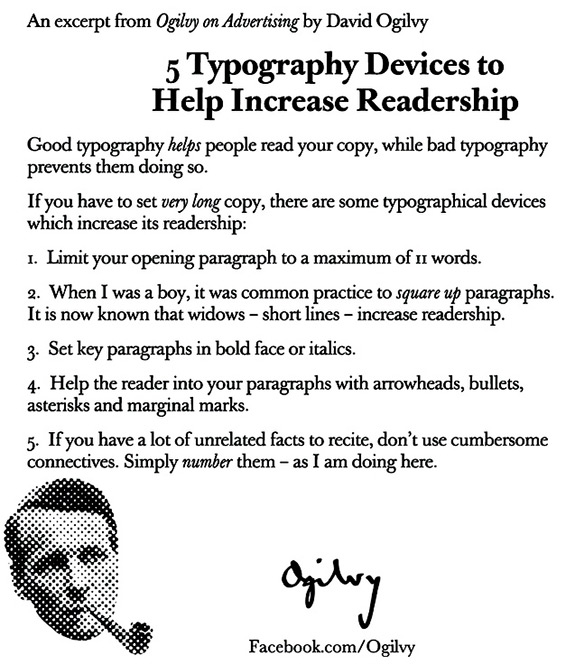
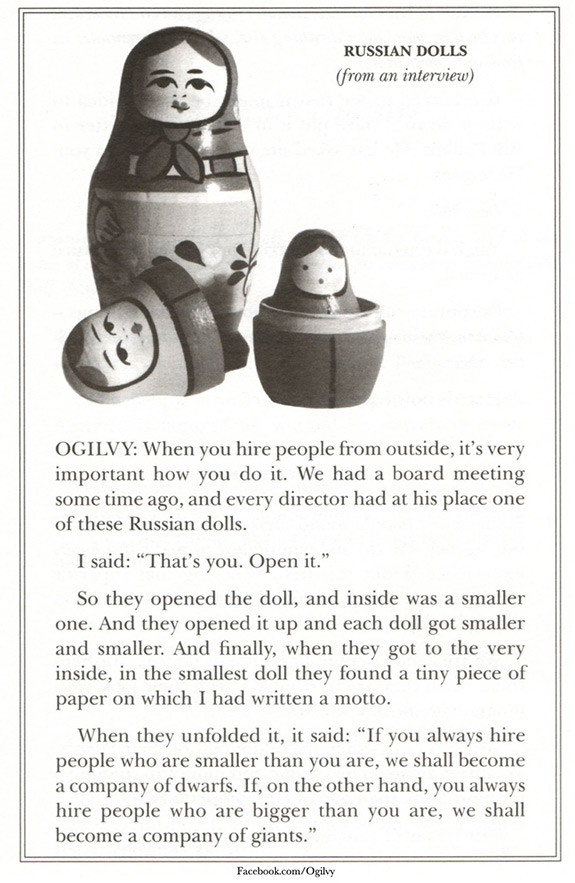
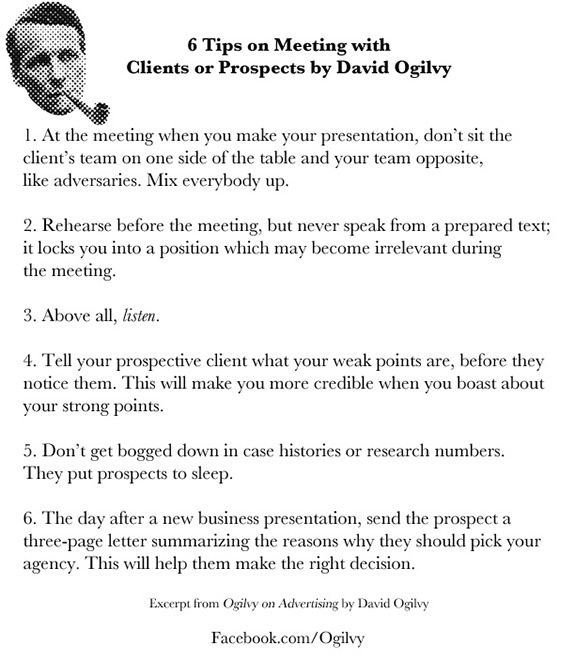
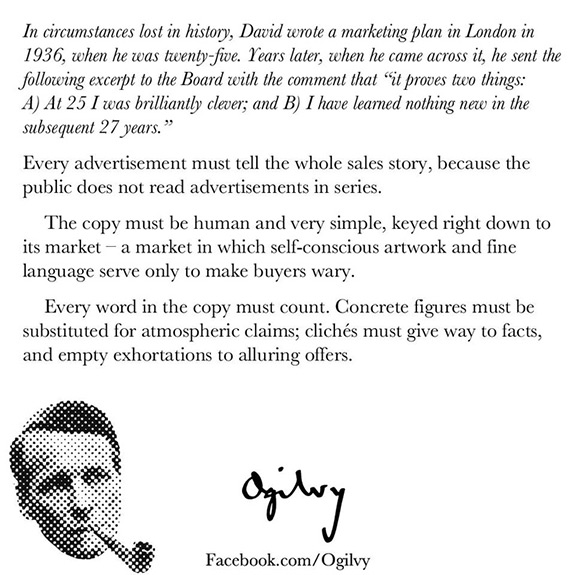
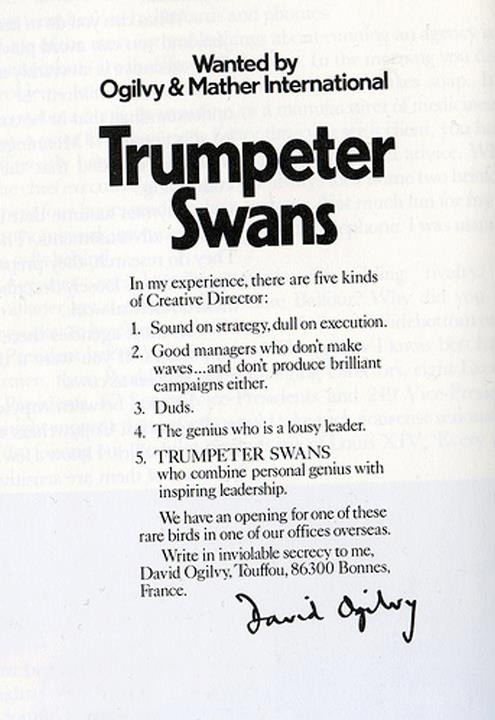
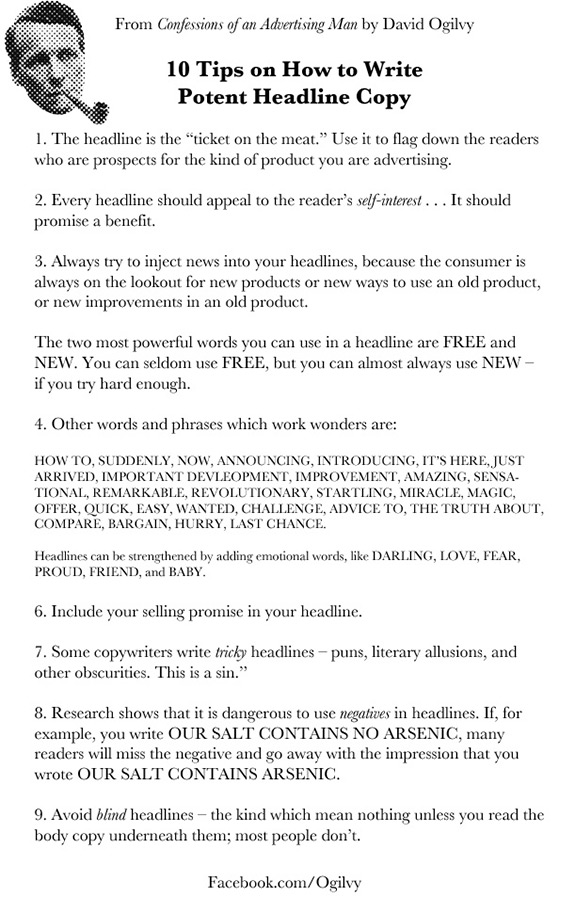
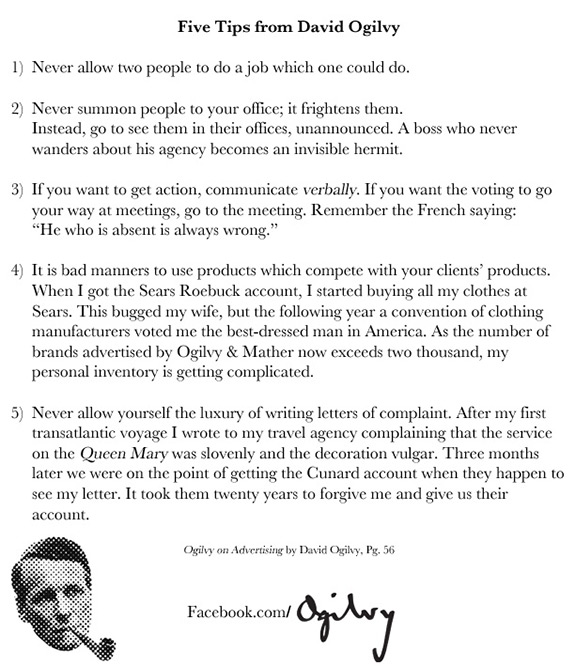
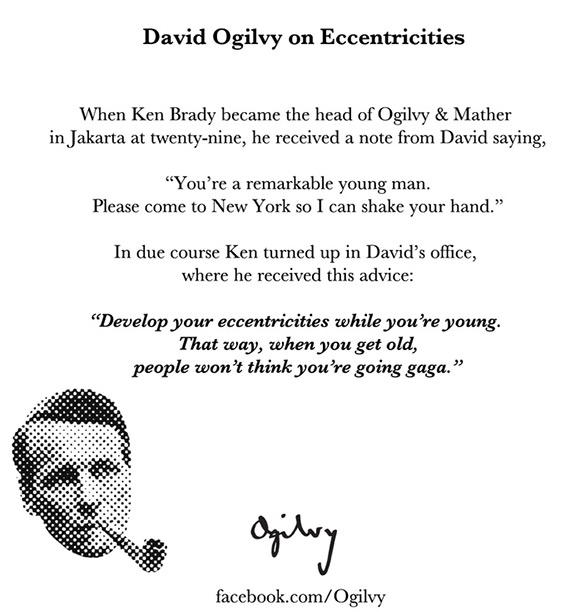
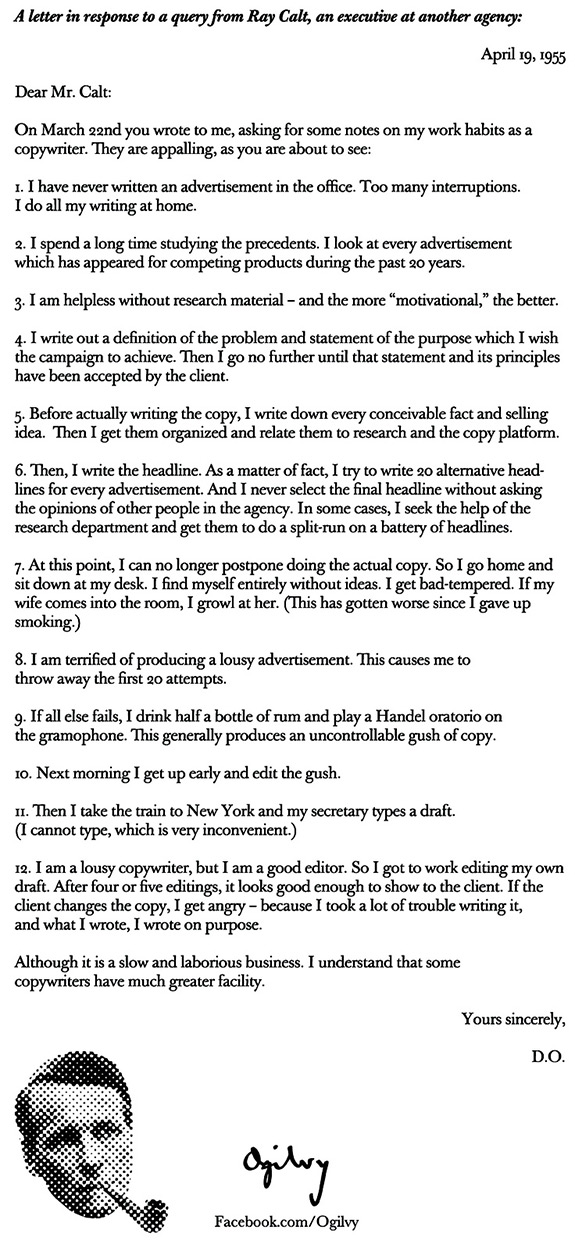
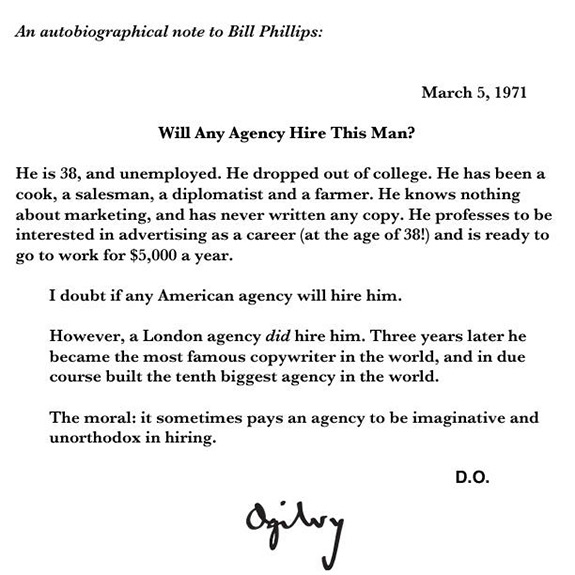
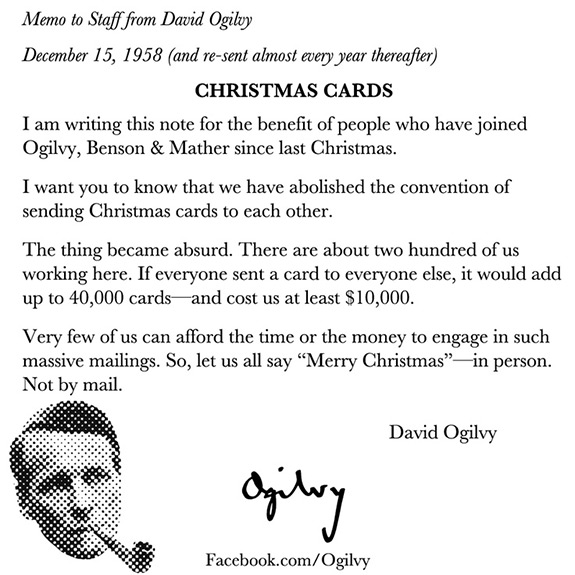
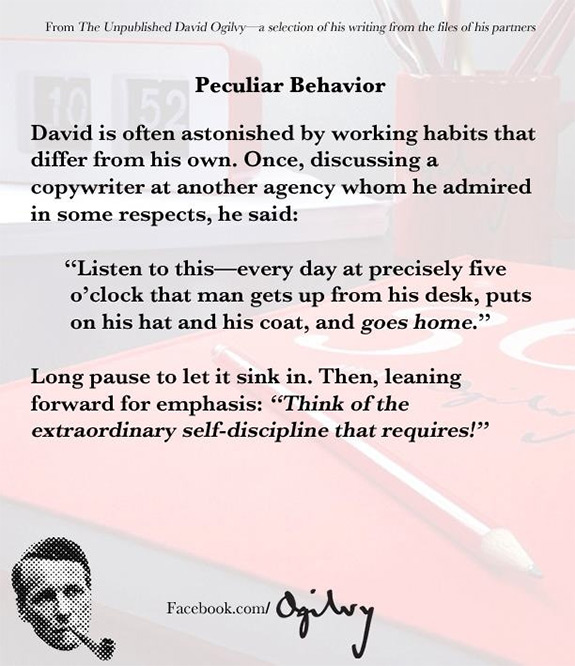

And don't put all your eggs in the 'affiliate SEO' basket. Google is doing everything it can to nerf affiliates!